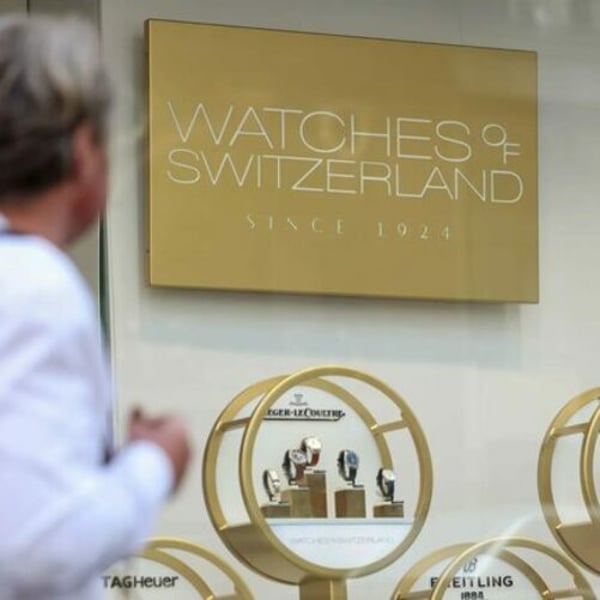A new study by the University of Birmingham, in collaboration with the University of Bristol and two American institutions, the University of Georgia and Buffalo State University, analyses how these initiatives in the sportswear sector are influenced by geography. The results, published in the Cambridge Journal of Regions, Economy and Society, reveal that location plays a crucial role in the success of these “waste reduction networks”.
A new study reveals that eco-conscious fashion take-back programs are hampered by geographic limitations, which impacts their effectiveness. Although sportswear companies promote circular economy initiatives such as recycling and repair services, these initiatives are often restricted to local or national levels, limiting access to international customers.
The fashion industry is one of the world’s biggest polluters, and fast fashion contributes significantly to waste generation. According to the European Parliament, less than half of used clothing is collected for reuse or recycling, and only 1% is recycled into new garments. In response to growing awareness of the environmental impact, some companies have introduced initiatives to extend the life of clothing, including repair services and exchange programmes.
Professor John Bryson of the University of Birmingham She commented: “Sportswear is a sector of the fashion market that is growing dramatically as consumers become more conscious of healthy lifestyles. Often, these products and brands are associated with a broader environmental ethos, such as encouraging consumers to have a closer relationship with nature, which can be reflected in the products’ advertising.”
The study looked at 17 eco-friendly sportswear companies in Europe and the US that have implemented circular economy policies. Researchers found that while companies like Éclipse, Filippa K and Girlfriend Collective offer takeback programs aligned with sustainability principles, these are largely limited to domestic customers. “It’s not practical to think that a UK customer is going to pay to ship something all the way to Colorado, which would have an environmental impact. These waste reduction networks are only really effective for those who can easily access them,” she noted. Professor Vida Vanchan.
The research highlights that many of these companies, despite selling internationally, have waste reduction networks that operate only at local, regional or national level. The limitations are even more pronounced in repair services, with companies such as Veja offering repair services only in specific locations, despite having a global retail presence.
Professor Bryson concluded: “All of the sportswear companies we analysed have taken steps to improve their environmental impact and reduce waste, and that is to be applauded. However, we found that the consumer waste reduction networks offered by these companies are very geographically limited. Although many of these companies sell their products internationally, waste reduction networks only operate at a local, regional or, at most, national level.”
To overcome these challenges, the study suggests that companies could partner with platforms such as eBay, Vinted or Depop, which are popular with eco-conscious consumers. Additionally, government support for waste management systems could ensure that more clothing is recycled rather than sent to landfill, helping to scale up these initiatives to address the environmental challenges posed by discarded clothing.
Fibre2Fashion (KD) Press Desk












